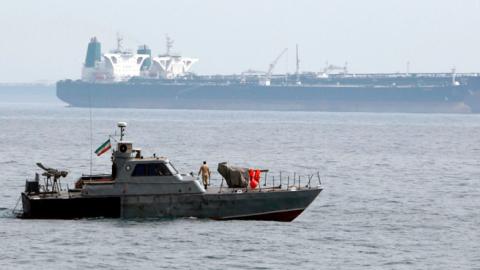The latest crisis with Iran illustrates an important but widely neglected point about world politics: Amid all the talk about American decline, American power in the international system has actually grown. Even five years ago the U.S. could not force Iran out of world oil markets without causing a devastating spike in oil and gas prices that would destabilize the world economy. Today, world energy markets are so robust that Brent crude prices have fallen since the first set of attacks on oil tankers in May.
Simultaneously, the U.S. has developed the ability to globalize unilateral sanctions. Washington doesn’t need the support of its allies to isolate Tehran economically, because “secondary sanctions” can effectively compel other countries to comply with the U.S. effort. That the administration has accomplished this while also engaged in trade battles with nearly every important American trading partner underscores the magnitude of U.S. economic power and the administration’s determination to bring it fully to bear on Iran.
As the shades of Robert McNamara and McGeorge Bundy can testify, however, great power does not automatically confer wisdom. Having demonstrated an impressive ability to squeeze Iran, North Korea and Venezuela, the Trump administration now needs to translate raw power into policy success. This goal remains elusive with all three countries so far, and the path forward is anything but clear.
Read the full article in the Wall Street Journal "here":https://www.wsj.com/articles/the-case-for-restraint-in-the-gulf-1156081…

















